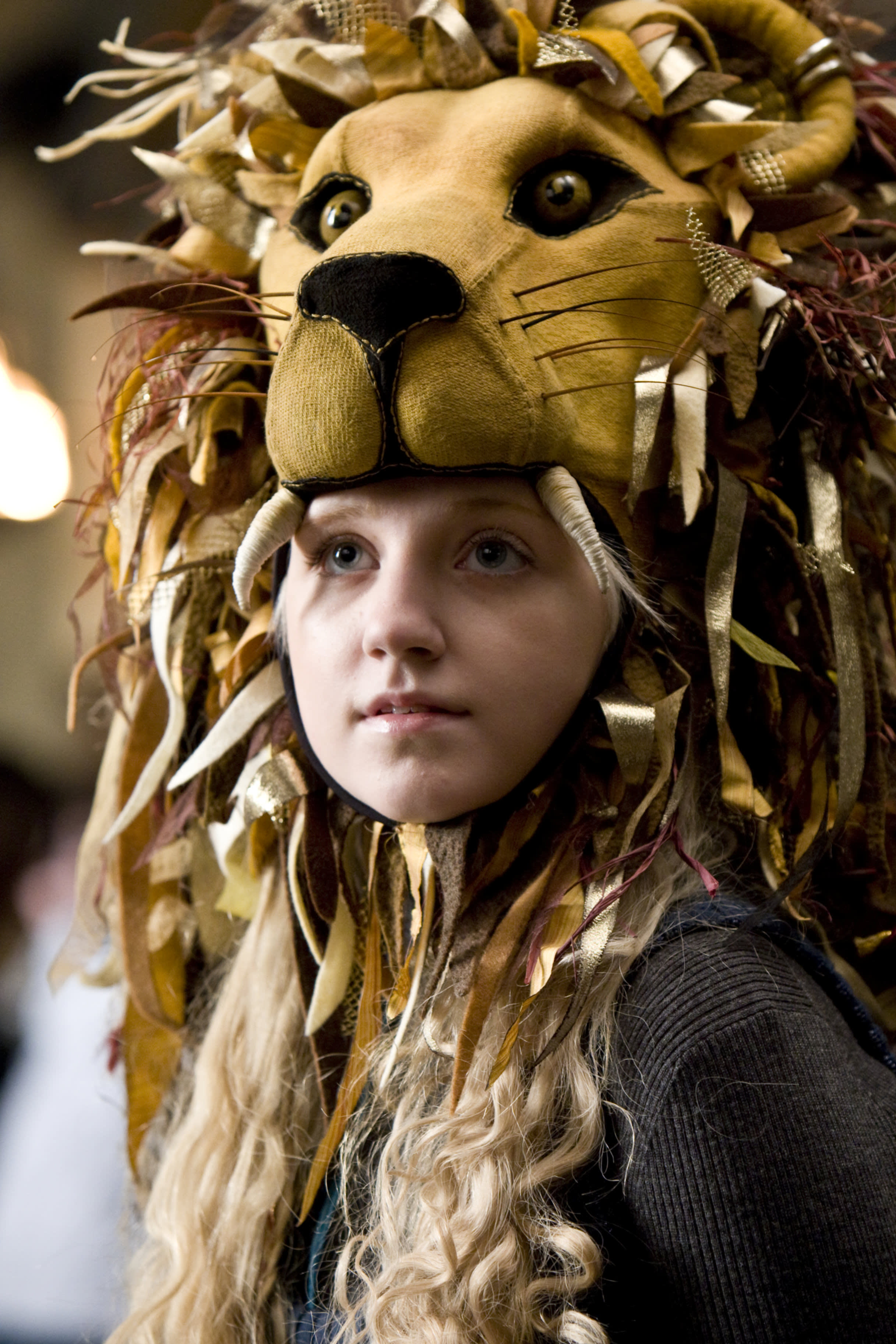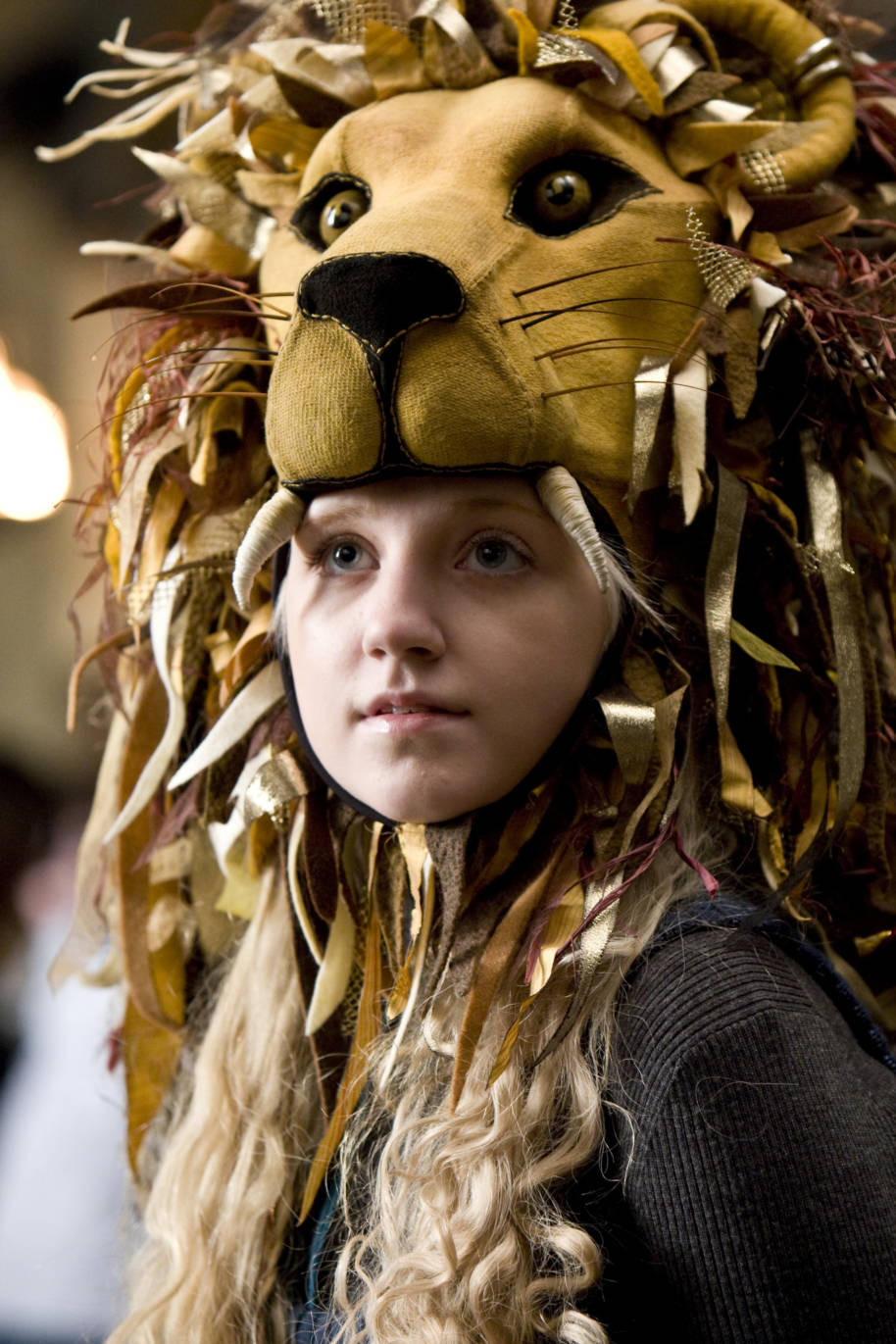
Although Hogwarts is a fine institution of learning, educating the inquiring minds of young witches and wizards from all over the country, for many of its students the castle means so much more than turning hedgehogs into pincushions.
Over the hundreds of years it's been open, Hogwarts has become a home for anyone feeling abandoned, and the place that outsiders can fit in. In fact, Hogwarts actively encourages individuality, and anyone who passes through its doors is taught the value of being themselves.
Whoever, or whatever you are: you’re welcome
This can be seen not just in the students, but in the staff too. Both the Divination teachers during Harry's school years, Professor Trelawney and Firenze the centaur, were given permanent teaching posts and a permanent home at Hogwarts. Both were outcasts from their societies for different reasons, but Dumbledore valued their unique perspectives — as well as knowing that everyone has value no matter their talents, and deserves to be treated with respect.
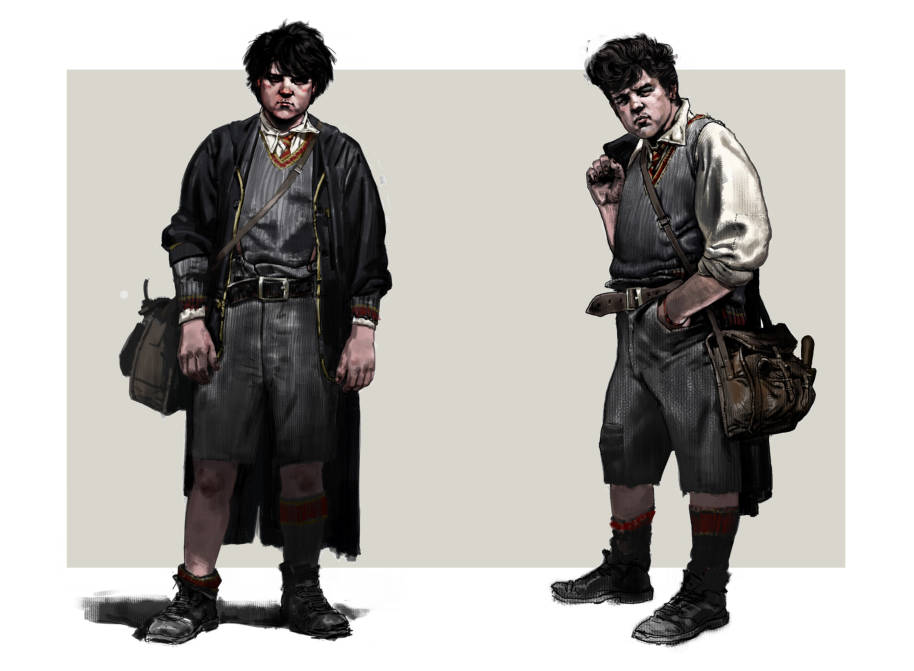
Of course, most of the staff at Hogwarts were students before they joined the faculty. Rubeus Hagrid had trouble fitting in both literally and metaphorically. Hagrid never knew his giantess mother, and his father died when he was only in his second year. Despite being wrongly expelled, he was given a home and a job at Hogwarts, and his kindness, courage and open heart made him an instant and enduring friend to Harry, Ron and Hermione.
Then, of course, there's Remus Lupin. Having been bitten by the werewolf Fenrir Greyback when he was very young, Lupin thought there would be no way he could attend Hogwarts. Not only did Lupin attend the school, he was also made a prefect, and said: 'For the first time ever, I had friends, three great friends.' Lupin was later hired as the Defence Against the Dark Arts teacher for Harry's third year, and proved to be one of the most popular and adept teachers to ever hold the position. As accepting as Hogwarts is, though, we’re still mystified by Professor Lockhart’s employment.
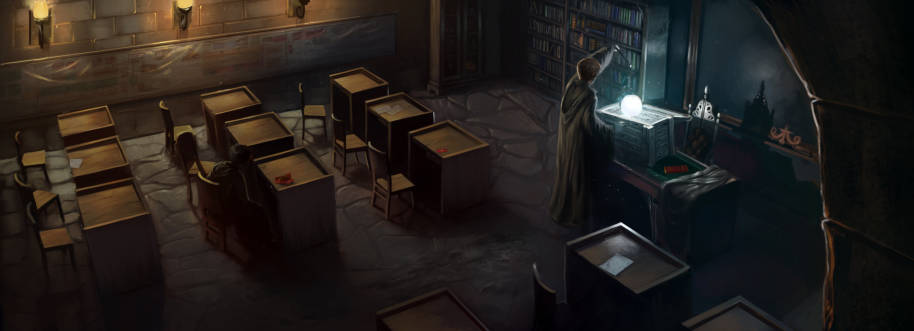
Hogwarts will always encourage you if you’re not feeling good enough
Perhaps the incredibly accommodating nature of Albus Dumbledore reflects well on the Hogwarts students, because no underdog is left completely alone. Even Moaning Myrtle, left to haunt a girl’s bathroom, buddied up with Harry after a while. Neville Longbottom is a good example of the unpopular kid gaining his confidence. Raised by his headstrong grandmother and feeling pressure to succeed the same way his parents had, Neville eventually found confidence by discovering and nurturing his own talents.
Dumbledore praised Neville for his bravery in front of the whole school from his first year, saying, 'It takes a great deal of bravery to stand up to our enemies, but just as much to stand up to our friends.' As Neville gained confidence through the things he was good at, like Herbology, and continued to receive support from his friends, he became better at almost everything he did. Neville earned his grandmother's approval on his own terms, and after his heroic actions in the Battle of Hogwarts he returned to the school as a teacher, too.
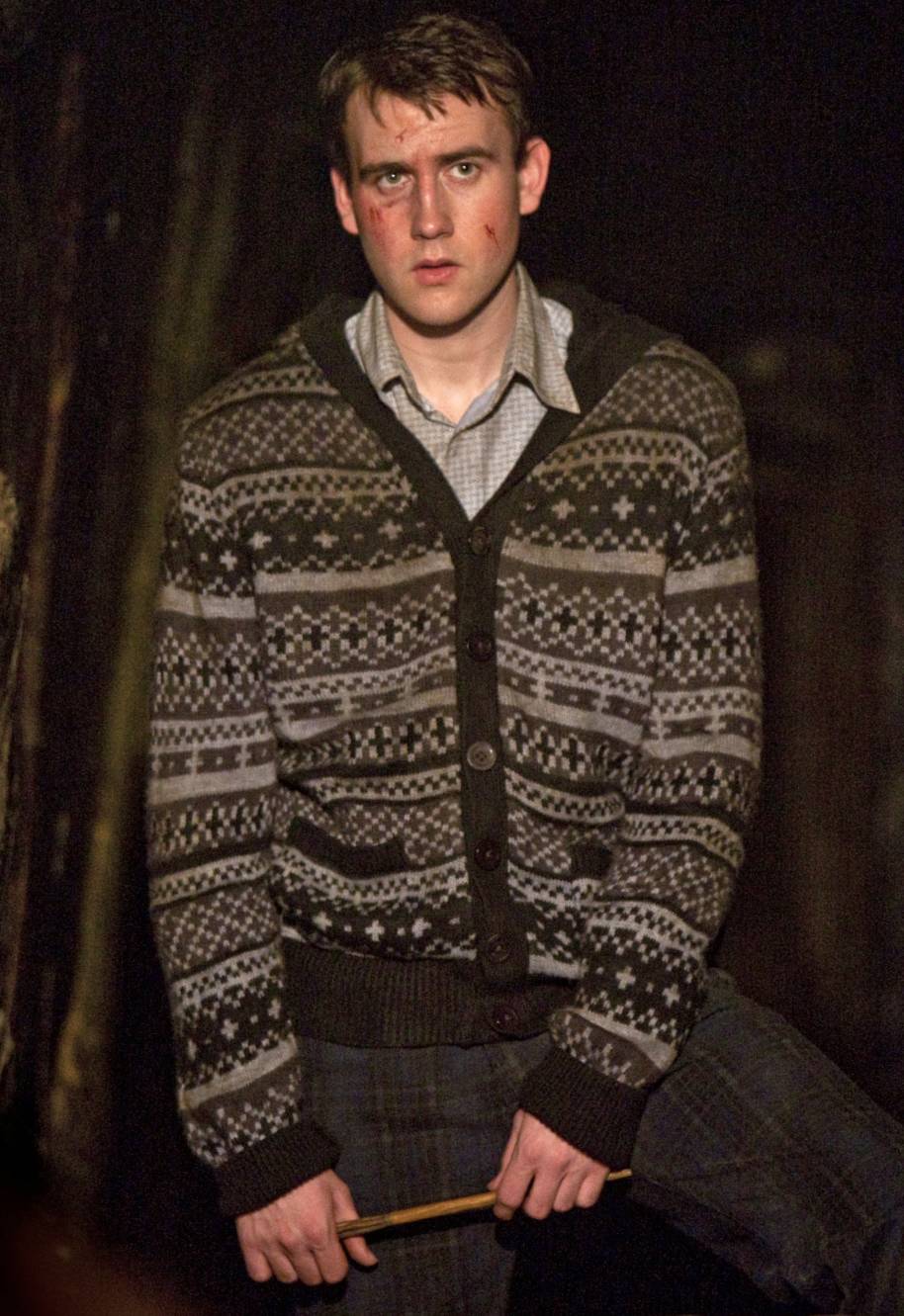
In his later years at Hogwarts, one of Neville's closest friends was Luna Lovegood, Ravenclaw student and member of Dumbledore's Army. Luna was teased and called 'Loony Lovegood' because of her strange ideas, behaviour and clothing choices (the necklace of Butterbeer corks being a favourite), but she never once compromised who she was. Even though she didn't fit in, Luna became great friends with Harry, Ron, Hermione, Neville and Ginny, and it's clear that the friendship meant a lot to her, as Harry discovered:
Luna had decorated her bedroom ceiling with five beautifully painted faces: Harry, Ron, Hermione, Ginny and Neville. They were not moving as the portraits at Hogwarts moved, but there was a certain magic about them all the same.
Harry Potter and The Deathly Hallows
Prejudice will not be rewarded
It was because Luna had never pretended to be something she wasn't that her friendships were more valuable: Draco Malfoy, for example, didn't have many true friends to count on, and by Harry Potter and the Half-Blood Prince he was in over his head trying to live up to his family name by being a Death Eater.
And, of course, there is Harry himself. An orphan born into a legacy that he didn't understand for many years, physically marked by his past and always sticking out, Harry never really knew kindness or a real home until he left the Dursleys and came to Hogwarts. He thinks about this as he goes to meet Voldemort near the close of Deathly Hallows, noting: ‘Hogwarts was the first and best home he had known.'
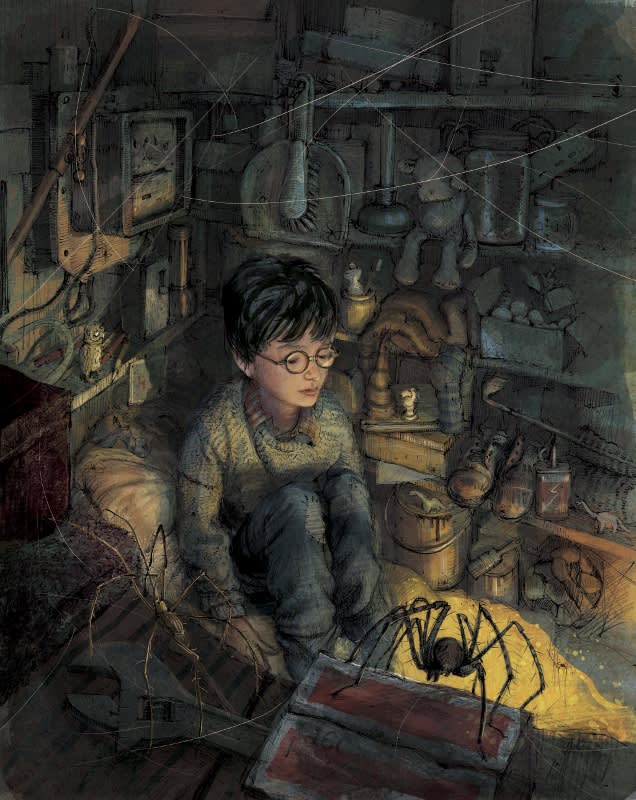
Each of the four Hogwarts founders favoured different traits in their chosen students, and now the school welcomes them all. At the Battle of Hogwarts, students past and present, and from all walks of life, pulled together and used their diversity as their strength. (Even those from Slytherin 'played its part’ as Phineas Nigellus pointed out.) Hogwarts teaches us that we all deserve kindness, that we all deserve a home, and that we all deserve a chance to be happy.
Please excuse us, there’s something in our eye.
